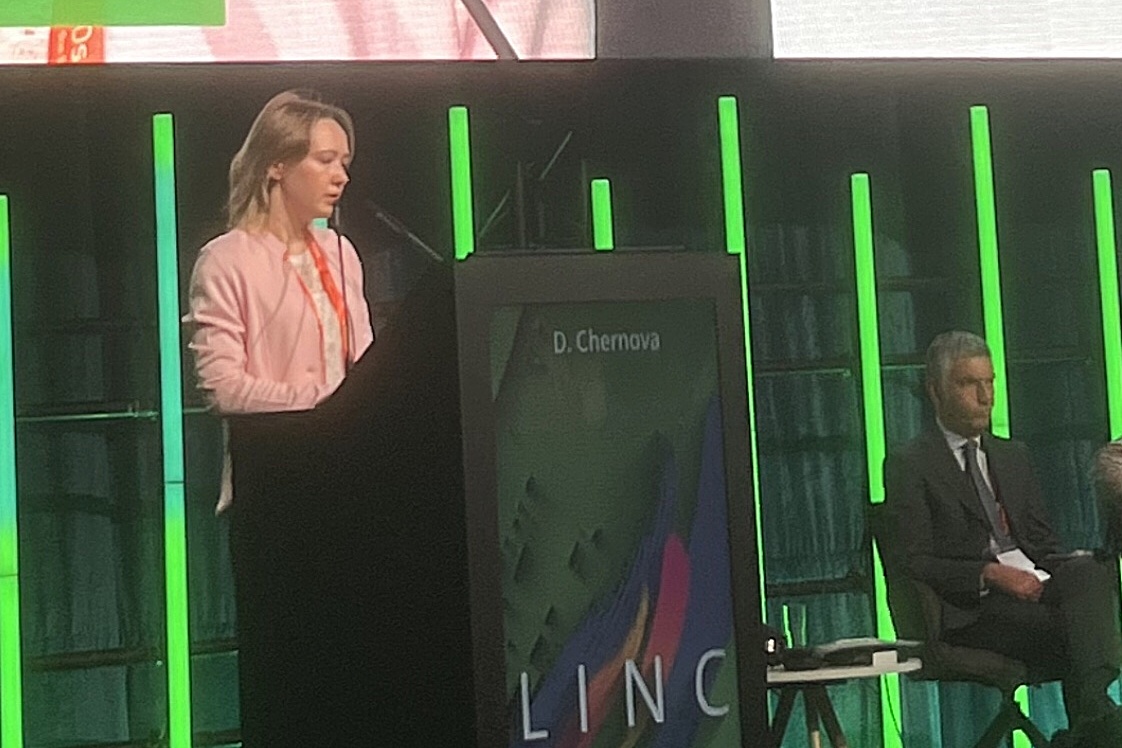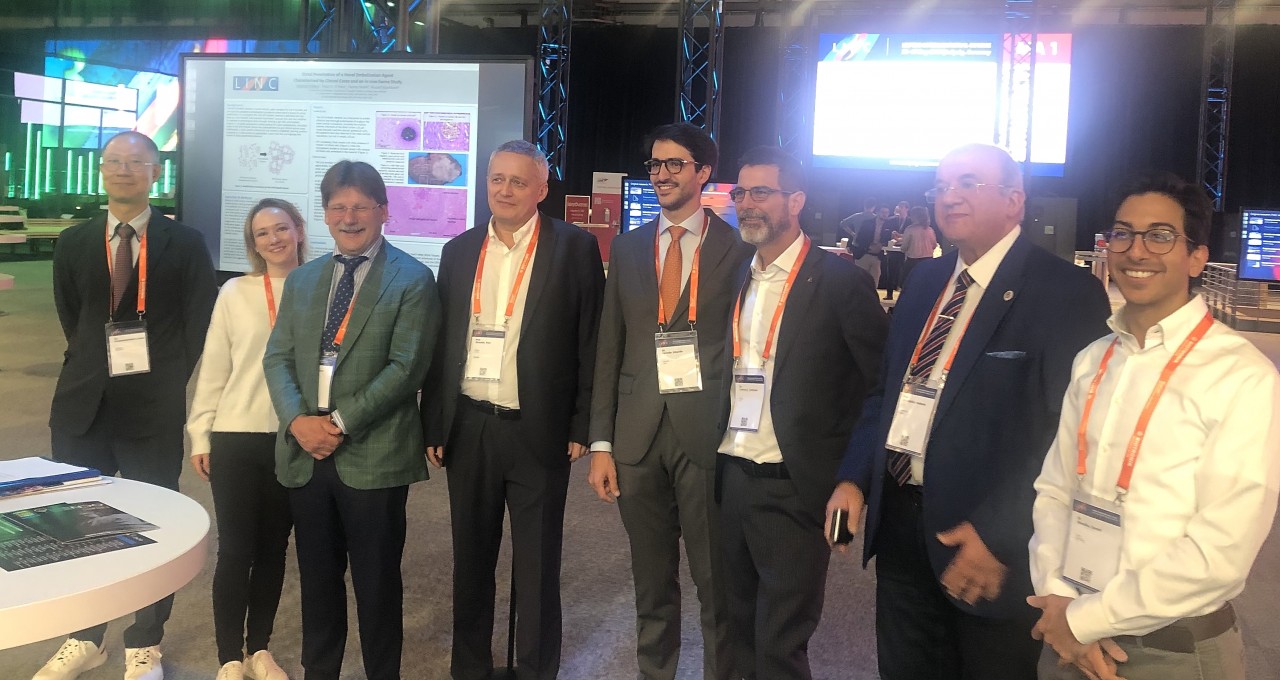
The vascular surgeons from the Research Department of Vascular and Interventional Surgery of Almazov Centre presented the results of their work at the international congress in Leipzig, LINC 2024 (Leipzig Interventional Course), held from 28 to 31 May.
LINC is one of the leading courses in peripheral endovascular interventions worldwide. This year's edition featured more than 50 live cases and 500 presentations from 14 national and international centers. More than 2,400 delegates from over 80 countries attended the event. Among the attendees were vascular surgeons from Almazov Centre, who have traditionally been at the forefront of innovation in the field of vascular disease treatment in Russia.

Daria Chernova, a researcher at the Research Department of Vascular and Interventional Surgery, presented the team's latest findings in six oral presentations on the most pertinent topics. These included the minimally invasive treatment of aortic arch and thoracoabdominal aortic diseases using fenestrated and branched stent grafts, a multidisciplinary approach in the treatment of patients with diabetic foot syndrome, modern treatment strategies for patients with extended occlusions of lower limb arteries, multilevel lesions of brachiocephalic arteries, and visceral artery aneurysms.
“The key points of the presentations weren't just about modern technologies that we use every day at our Centre. They also showed how we take a unique approach to each patient. Today, we have a wide range of open and interventional surgery capabilities, which allows us to combine these two approaches and choose the safest and most correct strategy for each patient,” comments Dr. Mikhail Chernyavsky, Head of the Department.
The international jury praised the Almazov Centre team for its expertise and commitment to the highest standards in treating complex aortic and peripheral artery diseases. LINC is a great example of a platform for specialists to work together on innovative treatments. Individuals with complex aortic and vascular diseases represent one of the most complex groups of patients. They often need a personalized approach, which goes beyond what is usually recommended. Events like this help us to think about new ways of solving this problem and to critically assess the potential opportunities.

